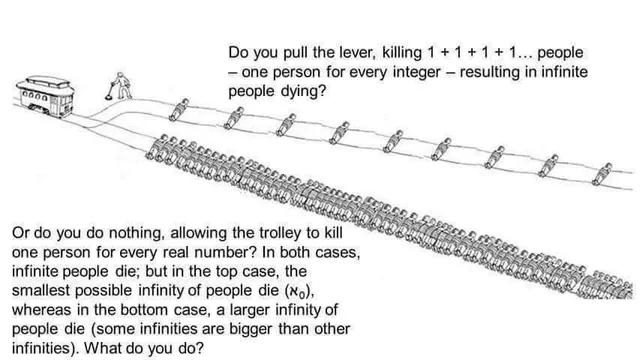this post was submitted on 27 Feb 2024
975 points (97.6% liked)
Science Memes
10988 readers
3201 users here now
Welcome to c/science_memes @ Mander.xyz!
A place for majestic STEMLORD peacocking, as well as memes about the realities of working in a lab.

Rules
- Don't throw mud. Behave like an intellectual and remember the human.
- Keep it rooted (on topic).
- No spam.
- Infographics welcome, get schooled.
This is a science community. We use the Dawkins definition of meme.
Research Committee
Other Mander Communities
Science and Research
Biology and Life Sciences
- !abiogenesis@mander.xyz
- !animal-behavior@mander.xyz
- !anthropology@mander.xyz
- !arachnology@mander.xyz
- !balconygardening@slrpnk.net
- !biodiversity@mander.xyz
- !biology@mander.xyz
- !biophysics@mander.xyz
- !botany@mander.xyz
- !ecology@mander.xyz
- !entomology@mander.xyz
- !fermentation@mander.xyz
- !herpetology@mander.xyz
- !houseplants@mander.xyz
- !medicine@mander.xyz
- !microscopy@mander.xyz
- !mycology@mander.xyz
- !nudibranchs@mander.xyz
- !nutrition@mander.xyz
- !palaeoecology@mander.xyz
- !palaeontology@mander.xyz
- !photosynthesis@mander.xyz
- !plantid@mander.xyz
- !plants@mander.xyz
- !reptiles and amphibians@mander.xyz
Physical Sciences
- !astronomy@mander.xyz
- !chemistry@mander.xyz
- !earthscience@mander.xyz
- !geography@mander.xyz
- !geospatial@mander.xyz
- !nuclear@mander.xyz
- !physics@mander.xyz
- !quantum-computing@mander.xyz
- !spectroscopy@mander.xyz
Humanities and Social Sciences
Practical and Applied Sciences
- !exercise-and sports-science@mander.xyz
- !gardening@mander.xyz
- !self sufficiency@mander.xyz
- !soilscience@slrpnk.net
- !terrariums@mander.xyz
- !timelapse@mander.xyz
Memes
Miscellaneous
founded 2 years ago
MODERATORS
you are viewing a single comment's thread
view the rest of the comments
view the rest of the comments

But getting anywhere on the lower track will kill infinitely many people. You cannot kill finitely many people on the lower track. Well, unless you derail at exactly the first. On the upper track, a stop at any point will have killed only finitely many.
One person can only be on the spot for one number. As soon as more than one gets killed, that would mean that the trolley has traversed some distance, which implies that it has killed an infinite number of people. That is impossible in any finite timespan under the aforementioned assumption. Thus the only logical conclusion is that it gets stuck after the first person is killed, at the exact spot the first number is mapped to.
I guess there could also be a different solution when you look at the problem from a different angle. Treating infinity with this little mathematical care tends to cause paradoxes.
In any non-empty, finite interval on the real number line, there are uncountably infinitely many numbers = people in this thought experiment. If you think of physical space as continuous, we cross infinitely many points in any finite movement.
I'd like to see one of the numerous paradoxes you refer to.